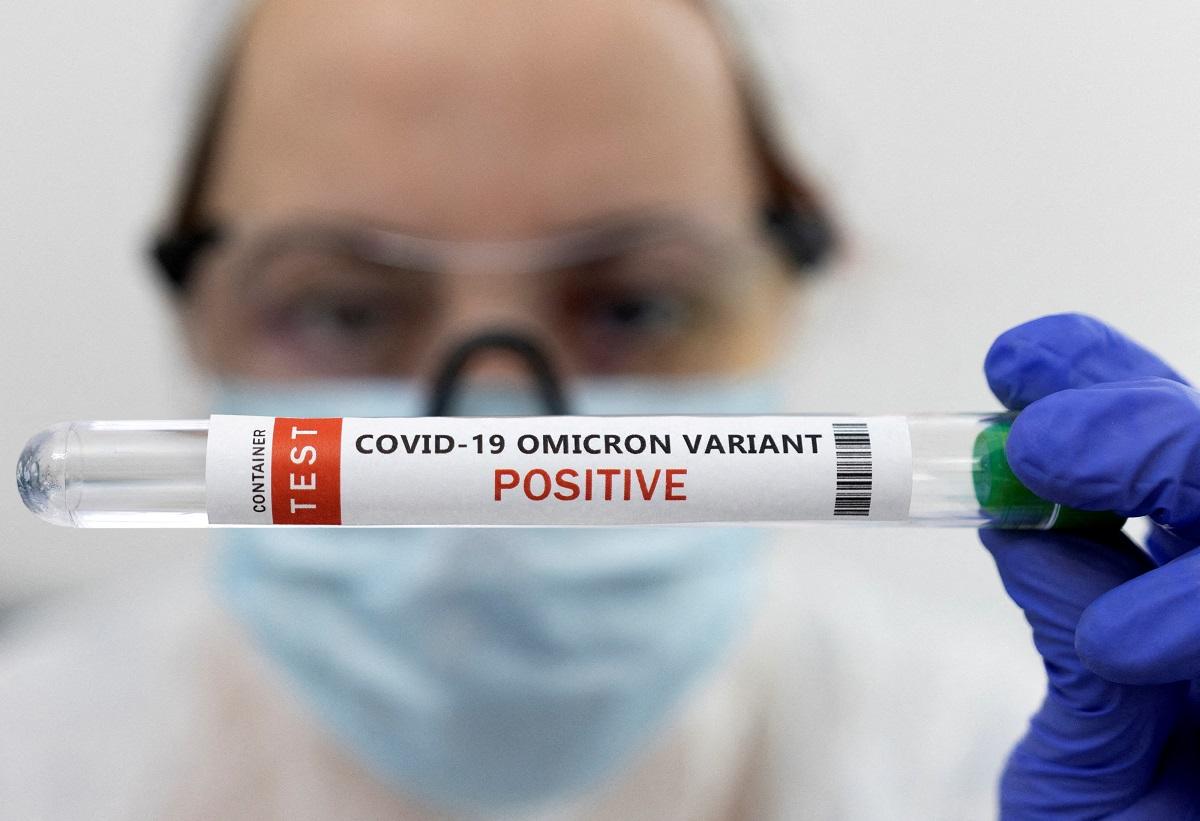Omicron is infectious on surfaces longer than original virus — study

Omicron particles remain infectious on surfaces for longer periods than particles of the original SARS-CoV-2, according to laboratory experiments.
Researchers put droplets of infectious virus from the original coronavirus version and the Omicron BA.1 variant on a variety of surfaces at room temperature.
On smooth surfaces (glass, stainless steel and plastic sheet), Omicron was still infectious after seven days, whereas particles of the original SARS-CoV-2 were no longer infectious on stainless steel and plastic sheets by day 4 and on glass by day 7, the researchers reported on Thursday on bioRxiv ahead of peer review.
On tissue paper and printing paper, the original virus was no longer infectious at 30 minutes.
Omicron was still infectious at 30 minutes, but no longer after an hour, the researchers said.
For the most part, SARS-CoV-2 is transmitted via respiratory droplets in the air. While infection via contact with contaminated surfaces is less common, the new study "highlights the importance of hand hygiene and cleaning on surfaces that are regularly touched by different persons," said study coauthor Leo Poon of the University of Hong Kong. "For surfaces and settings contaminated by a COVID-19 patient, proper cleaning should be done." -- Reuters



